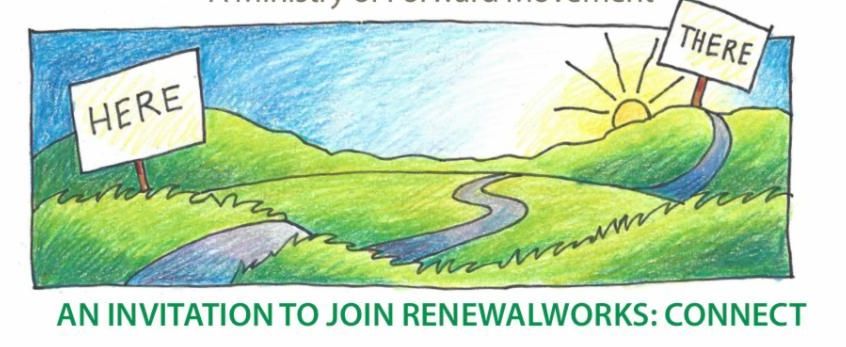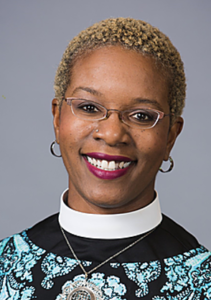
Be not afraid
A recent conversation took me back to the days when I worked at an ad agency, before I made the slight career shift to ordained ministry. (I’ve been told that I’m still in advertising, but that’s another topic.) Though it was a particularly secular environment, in which theological issues and liturgical practices never came up in staff meetings or client presentations, there were some spiritual lessons.
In one conversation with the principal of the agency, he posited two motivations in promoting a product or service: love and fear. An advertisement should either connect with what you love, or tap into what you’re afraid of. For instance, this was an agency that came up with the slogan for air filters for your car: “You can pay me now, or you can pay me later.” Buy this product out of fear of automotive apocalypse. Judgment Day is coming for your Oldsmobile. I’m guessing you can think of other advertising examples.
The conversations that evoked this memory had to do with church history, and more specifically, the personal spiritual journeys of people in our congregations. In my years in Episcopal congregations, I’ve noted that many of our people come from other traditions where the fear of God, the fear of judgment, the fear of damnation was the motivator. God was the celestial judge just waiting for people to mess up. Better be religious or else. No wonder so many people feel that they have been spiritually wounded. No wonder there are so many nones (i.e., no religious affiliation) and dones (i.e., done with church).
I haven’t counted to verify but I’m told there are 365 times in the Bible in which people are told that they should not be afraid. One for each day. A daily exhortation. We’ll read a few of those stories in Advent and Christmas seasons. The opening lines from angels to Zechariah, Joseph, Mary, shepherds are some version of “Fear not!” I can imagine that fear might be a reasonable response to an unexpected angelic visit.
But maybe it’s deeper than just surprise. Maybe the angels are also saying that fear is not a healthy motivator. It brings with it toxicity that deforms relationships with God and neighbor. We see that fear-based brokenness at work in families, workplaces, churches, and in our political system. It pervades our racial reckoning. It shapes our regard for those who differ from us and leads us to treat those folks without regard for Christ’s presence in each one of them, dismissing the inherent dignity in each person, created in God’s image.
This kind of fear differs from the fear of the Lord that scripture tells us is the beginning of wisdom. That kind of fear, that spirit of awe recognizes that our lives unfold in the presence of a power greater than ourselves. The good news of our faith is that that greater power is by nature the power of love (and not the love of power).
I’ve been told that the opposite of love is fear. The Bible seems to confirm that when we read that perfect love casts out fear. Another way to think about it. Courage is the opposite of fear, recognizing that the word courage shares the same root as heart (as in the French word for heart, coeur). Digging more deeply into the word, Richard Rohr points out that courage comes from the Latin, cor-agere, literally “an act of the heart.’
So blessings to you this day, in this unusual time when there are a bunch of reasons to indulge in fear. We launch on a season of thanksgiving and enter Advent, a season of hope, leading to a season of comfort and joy. May we start out this week, living not in fear but with courage, with acts of the heart. In whatever faces you this week, be fearless. Be of good courage.

